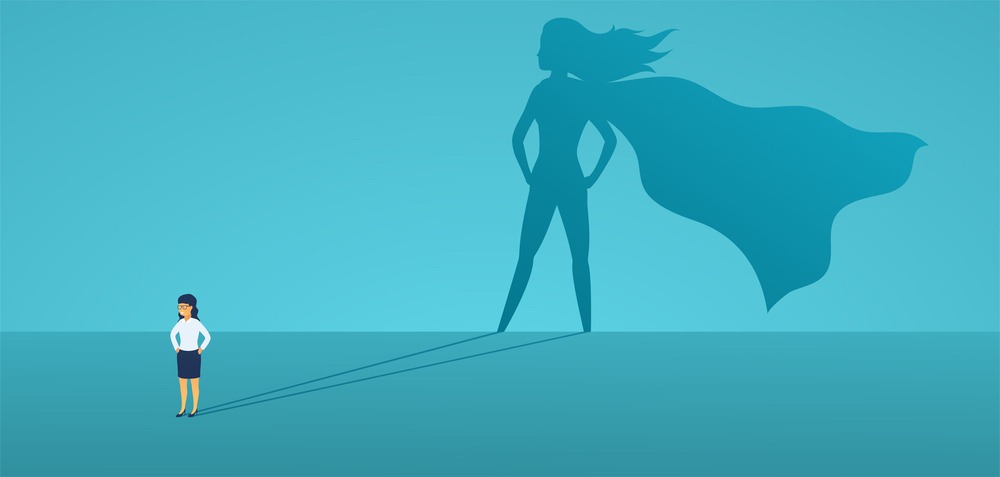With my book coming out soon, I’ve found myself reflecting deeply on a word that others often use to describe me: brave. It’s a word that has never quite felt like it belonged to me, despite the number of times I’ve heard it. People who know my story say I embody bravery—but what does that really mean? What makes a person brave? For me, bravery isn’t about dramatic heroics; it’s about telling my truth. It’s about choosing to share the darkest, most painful parts of my journey—moments I once tried to bury. While the rest of my story is rooted in survival, the act of speaking it aloud feels like the real act of courage. Bravery, I’ve come to understand, isn’t always loud or obvious. Sometimes, it’s the quiet decision to confront fear, to endure difficulty, and to speak out—especially when it’s hard.
My story begins with a face-to-face encounter that, at the time, felt strange but not threatening. A woman had come into the office where I worked as a receptionist, applying for a job. What I didn’t know then was that she was, in fact, a terrorist who would later plant a bomb in the office. I’ve been called brave for stopping her from taking her job application with her—an application that held her fingerprints. But in my mind, it wasn’t an act of bravery. I didn’t see a terrorist; I saw someone who seemed a little odd, maybe eccentric, but ultimately just another applicant. I wasn’t thinking about danger or fingerprints or future headlines. I was simply doing my job—following protocol, making sure we kept her paperwork for our records. Looking back, that moment would become the beginning of a story I never expected to tell.
Three years after the bombing, the woman responsible was apprehended and put on trial for murder in federal court. I was called to testify. Again, people told me I was brave for doing so. But was it bravery? I’ve never thought so. To me, bravery involves making a conscious choice—to step forward, to take a risk. This didn’t feel like a choice. After nearly three years of intense questioning by the FBI and NYPD, testifying wasn’t optional—it was something I was compelled to do. It felt less like an act of courage and more like the inevitable next step in a story I never asked to be part of.
People have often described me as “brave” for the way I’ve navigated life with PTSD. But once again, I don’t see it that way. In my mind, I had two options: curl up, shut down, and let the trauma consume me—or fight to reclaim my life. I had already lost so much—my identity, my joy, my memory, and my peace. I wanted it all back. To me, that wasn’t bravery; it was survival. And I don’t believe bravery is a requirement for survival. What got me through were qualities like self-compassion, resilience, patience, and the willingness to reach out for support. Those were the tools that carried me forward. Bravery? That never felt like part of the equation.
So, am I brave? It’s a question I’ve wrestled with—and one I still don’t fully know how to answer. What I do know is this: I’ve survived things I never imagined I could. I’ve told my story, even when it hurt. I’ve faced memories I wanted to forget. And I’ve rebuilt a life from the pieces left behind. If others choose to call that bravery, I’ll accept it—but I see it differently. I see a deep, determined will to live and to find meaning in the aftermath. Maybe bravery isn’t always about bold, fearless action. Maybe sometimes, it’s just continuing on—one step at a time—even when you don’t feel brave at all.

